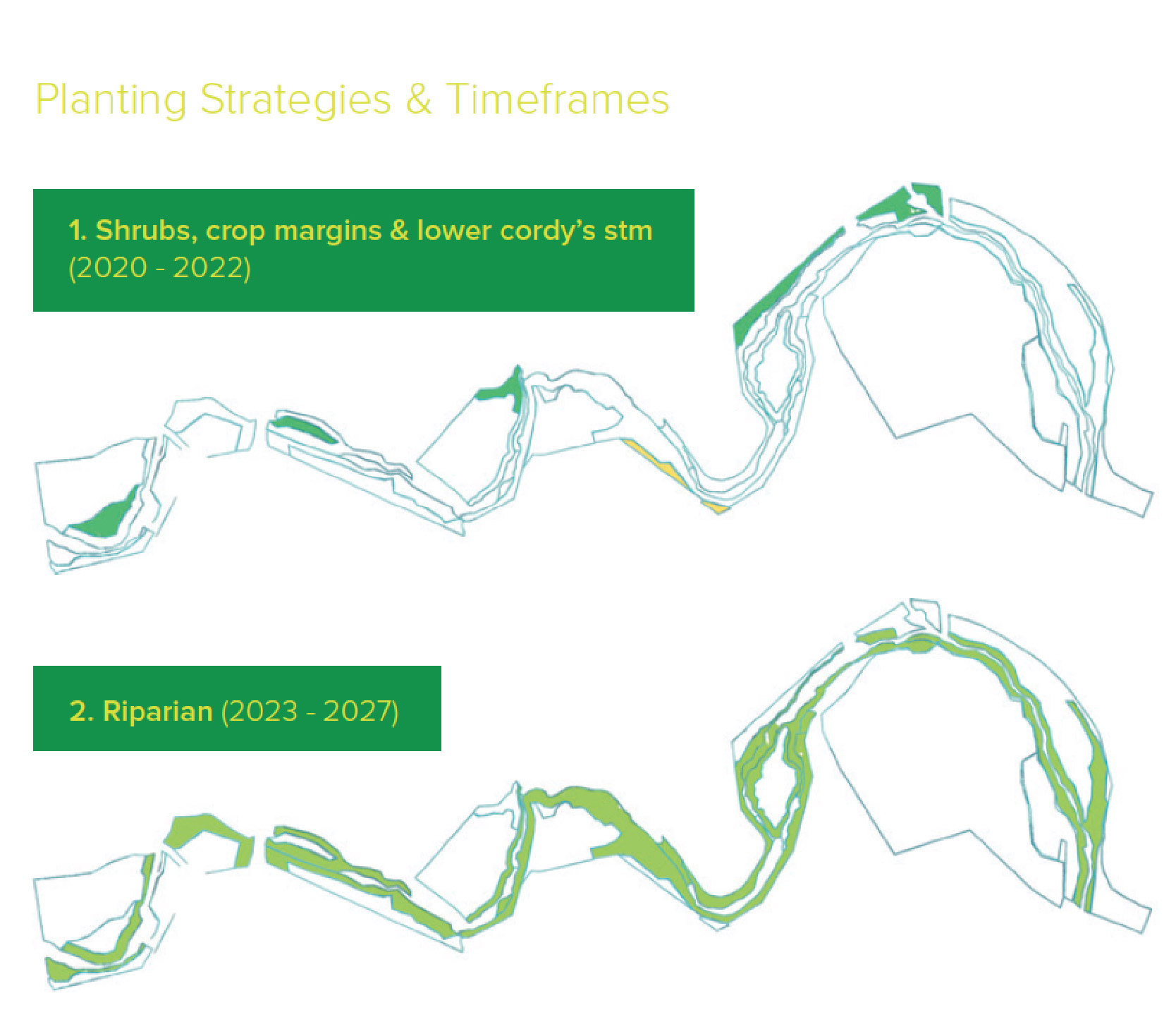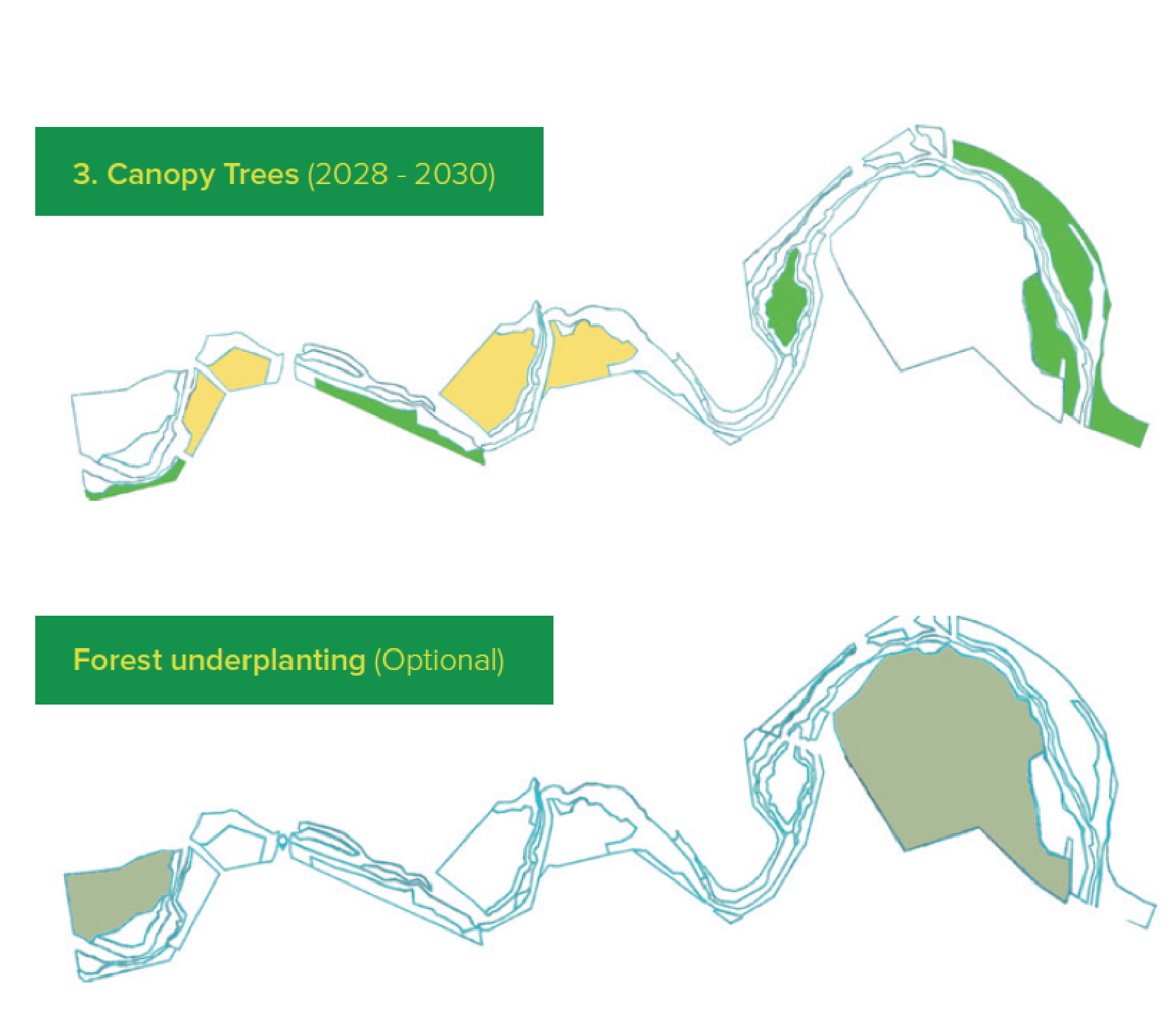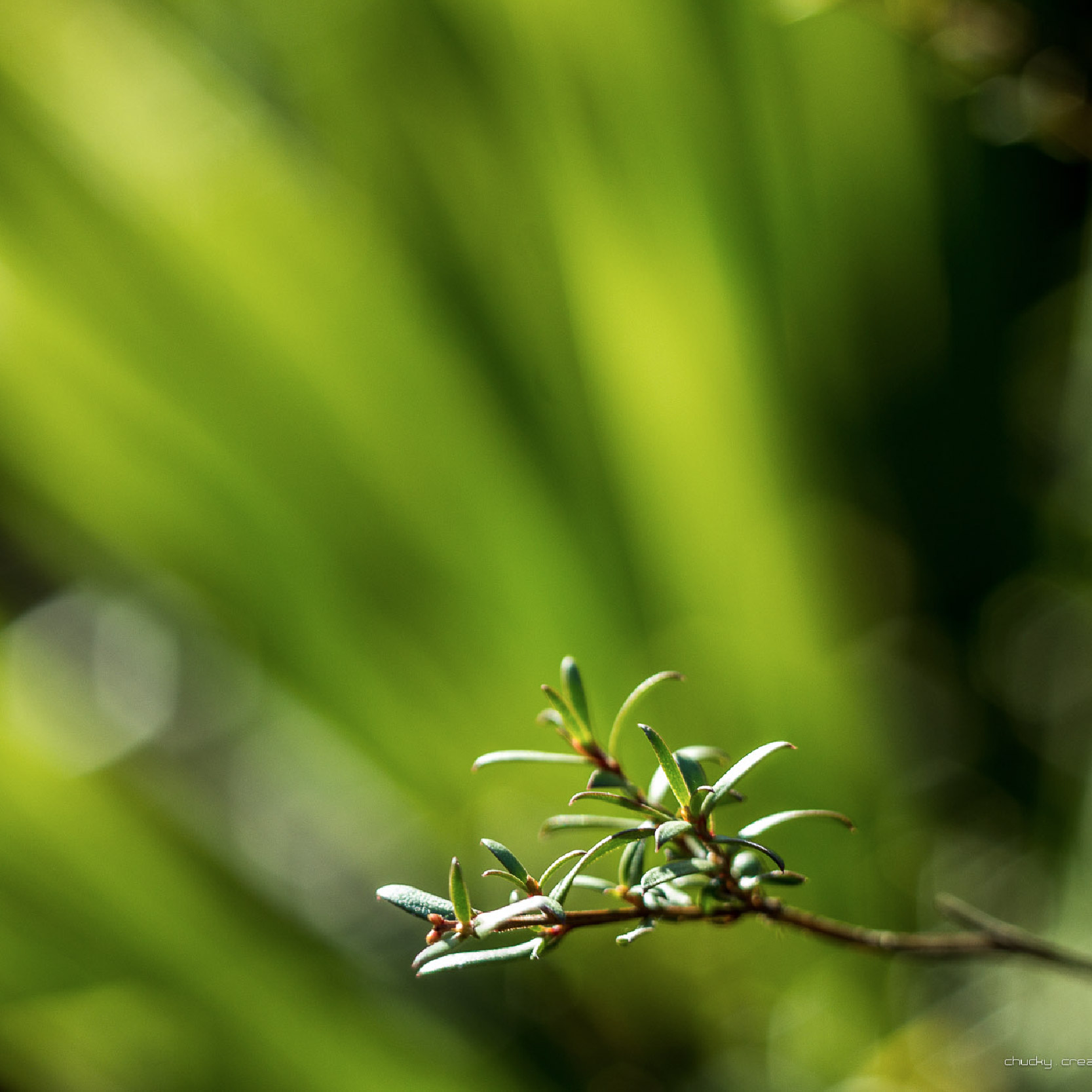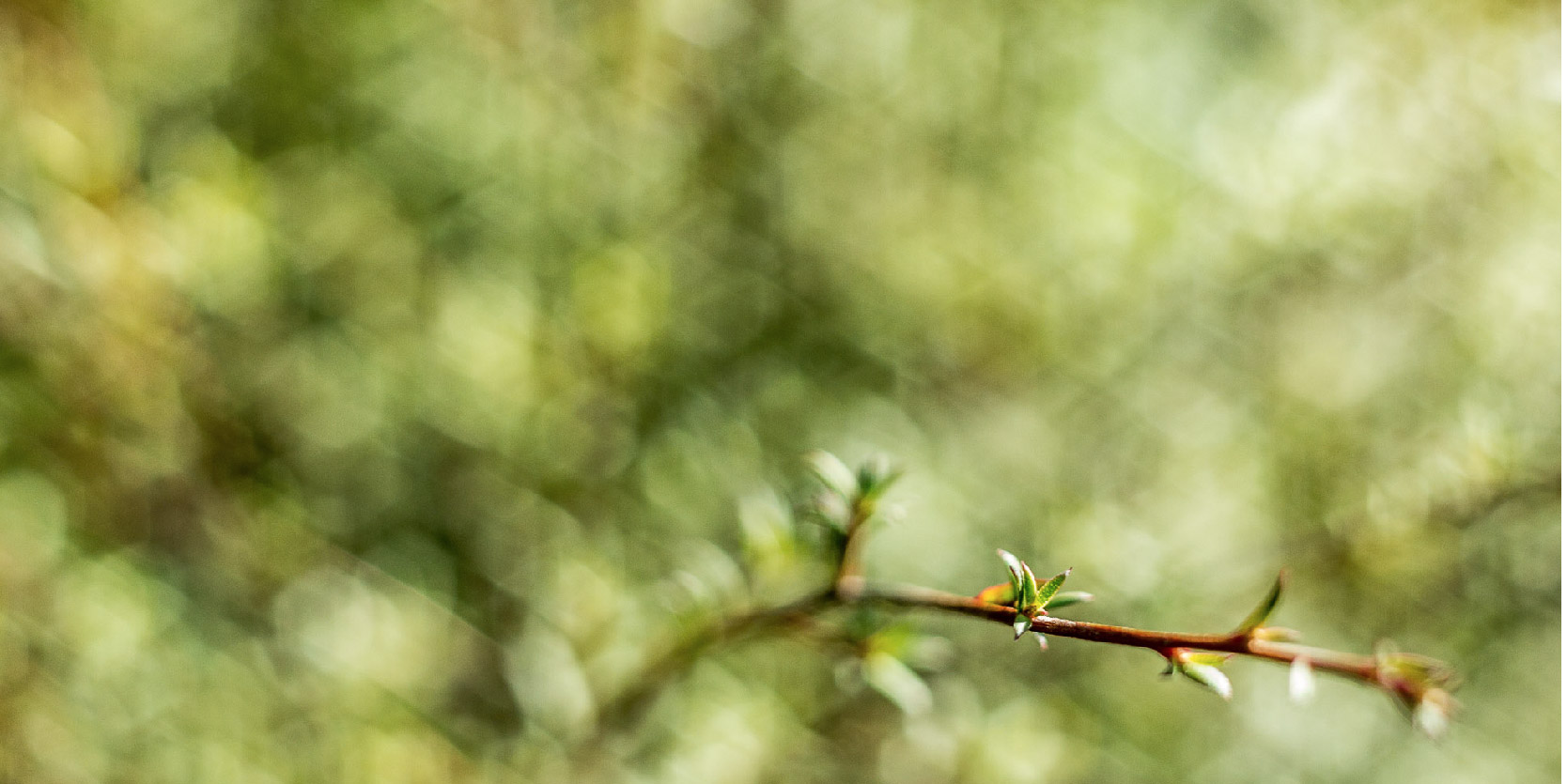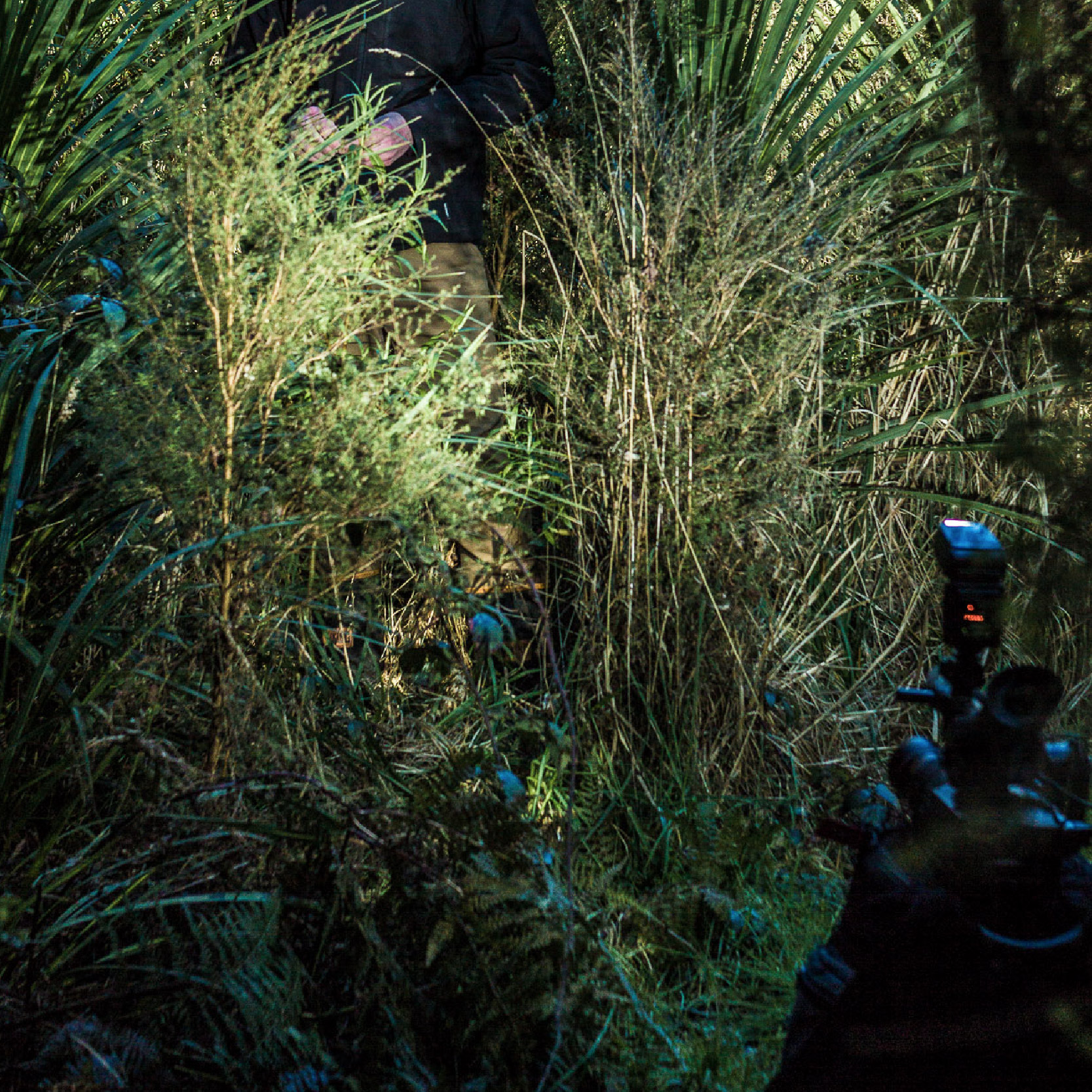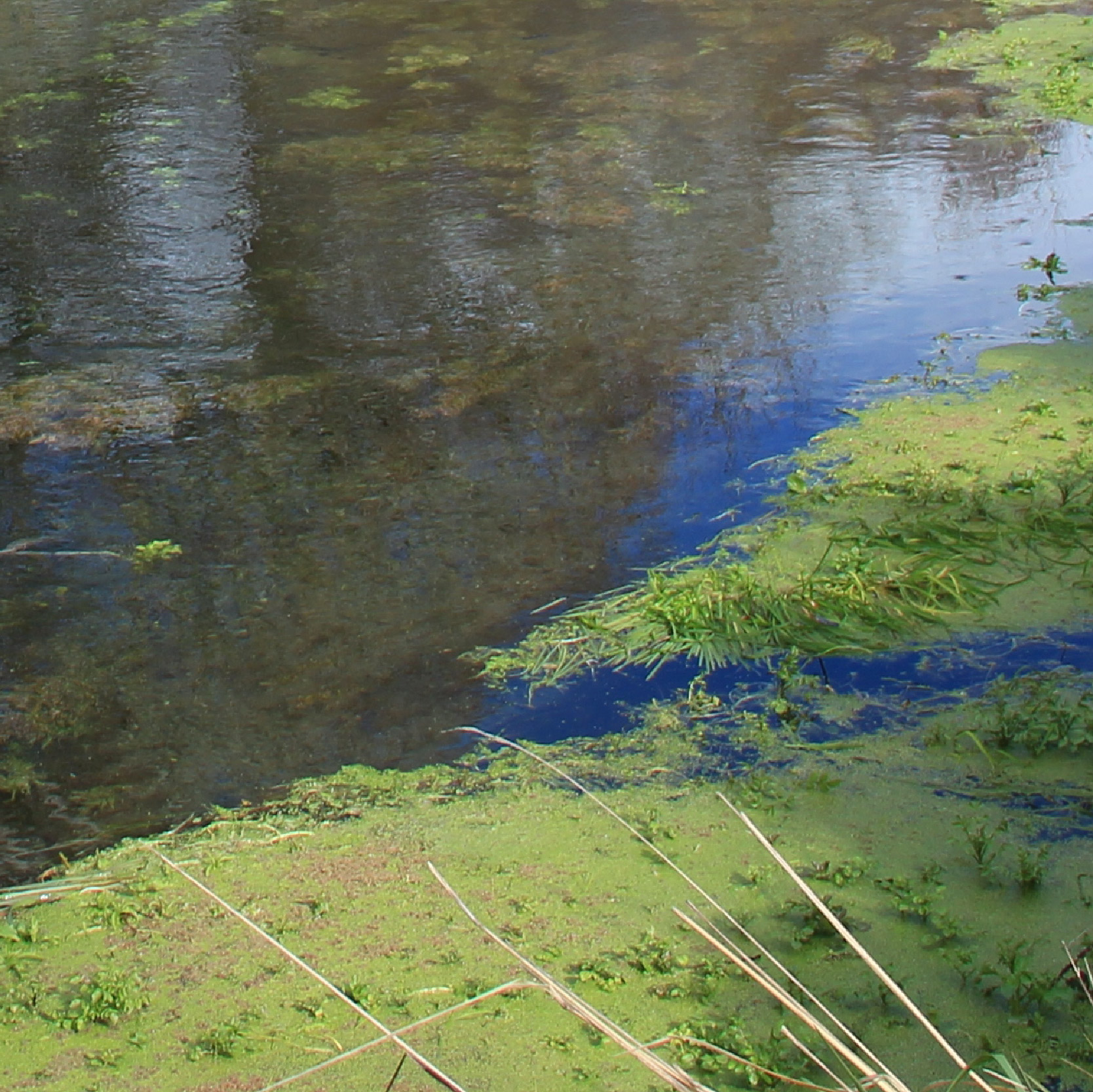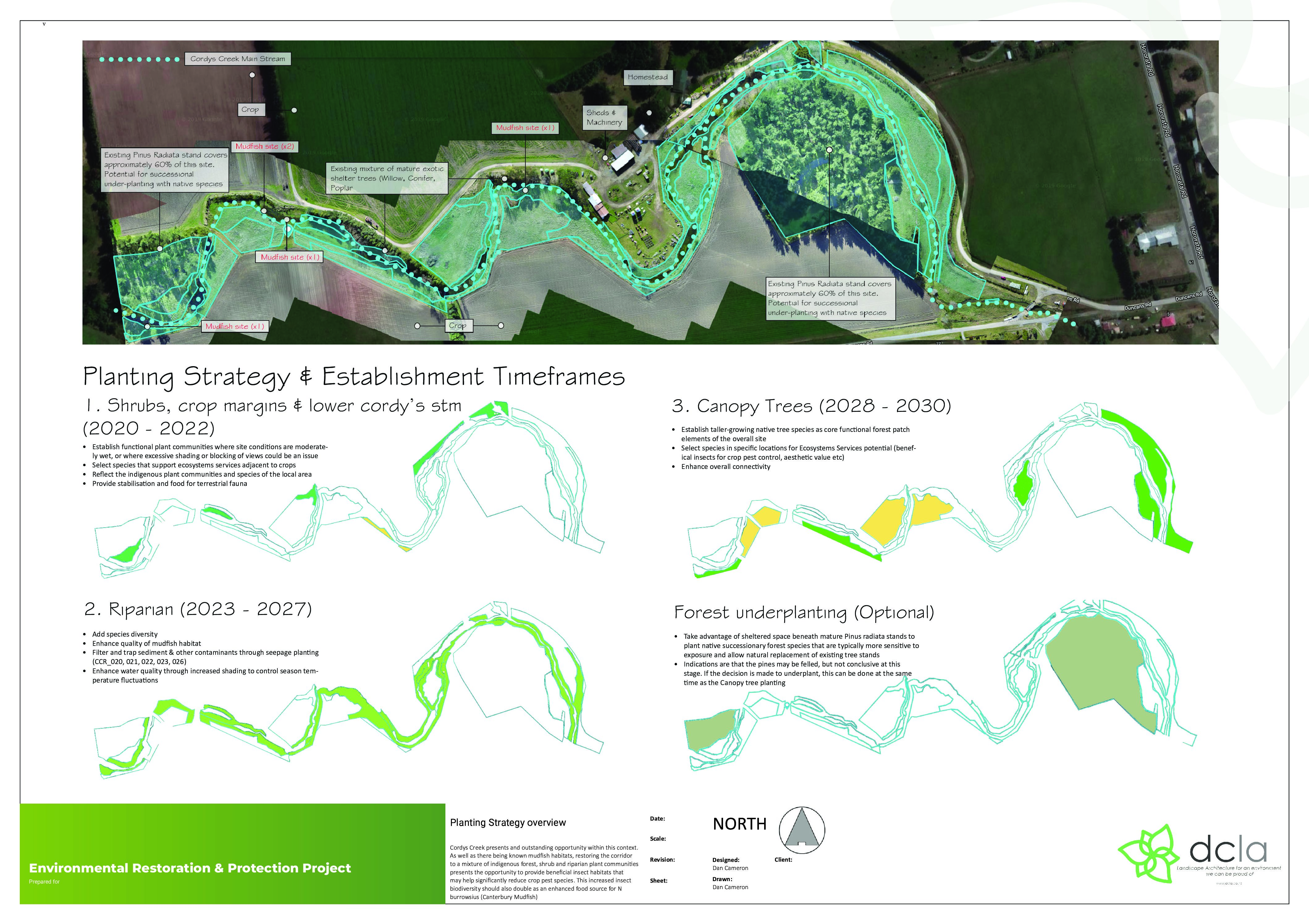Casestudy
Conservation and Biocontrol
Canterbury mudfish are one of the most critically endangered freshwater species in New Zealand. An opportunity arose in 2019 to work with Landowners, and other stakeholder agencies to develop an indigenous planting strategy for a 7 Hectare site known to have a remnant population of Canterbury Mudfish on a mid-Canterbury arable farm. Coincidentally, this was also a certified organic farm meaning not only were there unique requirements for the mudfish population, but also careful consideration would be needed for establishing native plant communities that did not have a negative impact on the farms cropping operation.
Species sampling was undertaken which yielded five Mudfish from 20 traps. Each site where fish were caught was then recorded and its characteristics noted. Further, a separate case study was also conducted of an arable farm on the coastal Canterbury Plains that had demonstrated by planting native plant species around a 0.4 hectare crop margin, it was possible to virtually eradicate noxious aphids from an adjacent 70 hectare wheat crop.
Learnings from each of these exercises enabled a detailed site analysis which then lead to the design of specific plant communities that would not only serve the needs of the Mudish population, but also help to colonize beneficial insects known to combat crop pests. Once complete, the plan also enabled the landowner to successfully attract funding support from a local trust to help with costs of purchasing plants, and providing volunteer labour.
Learnings from each of these exercises enabled a detailed site analysis which then lead to the design of specific plant communities that would not only serve the needs of the Mudish population, but also help to colonize beneficial insects known to combat crop pests. Once complete, the plan also enabled the landowner to successfully attract funding support from a local trust to help with costs of purchasing plants, and providing volunteer labour
